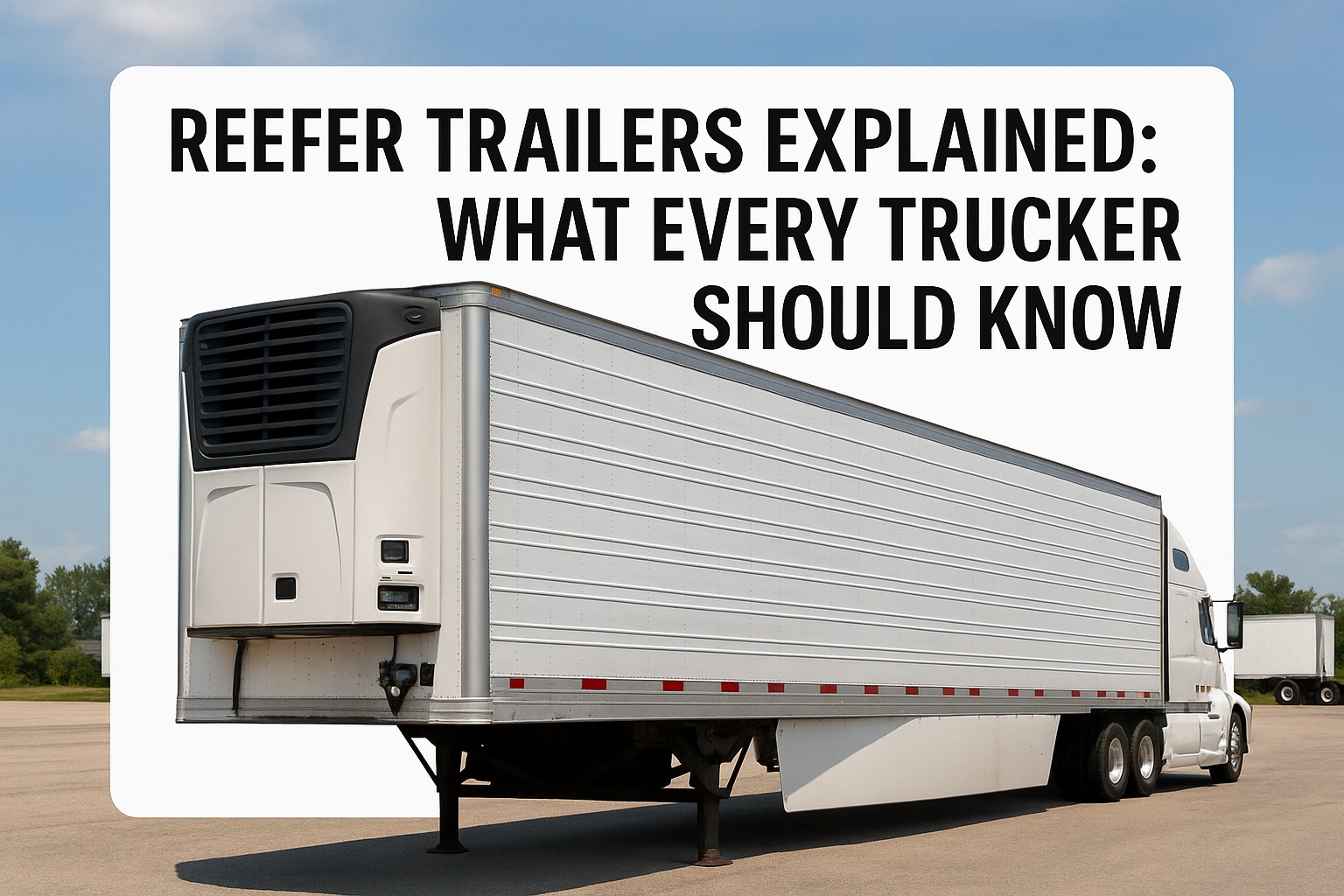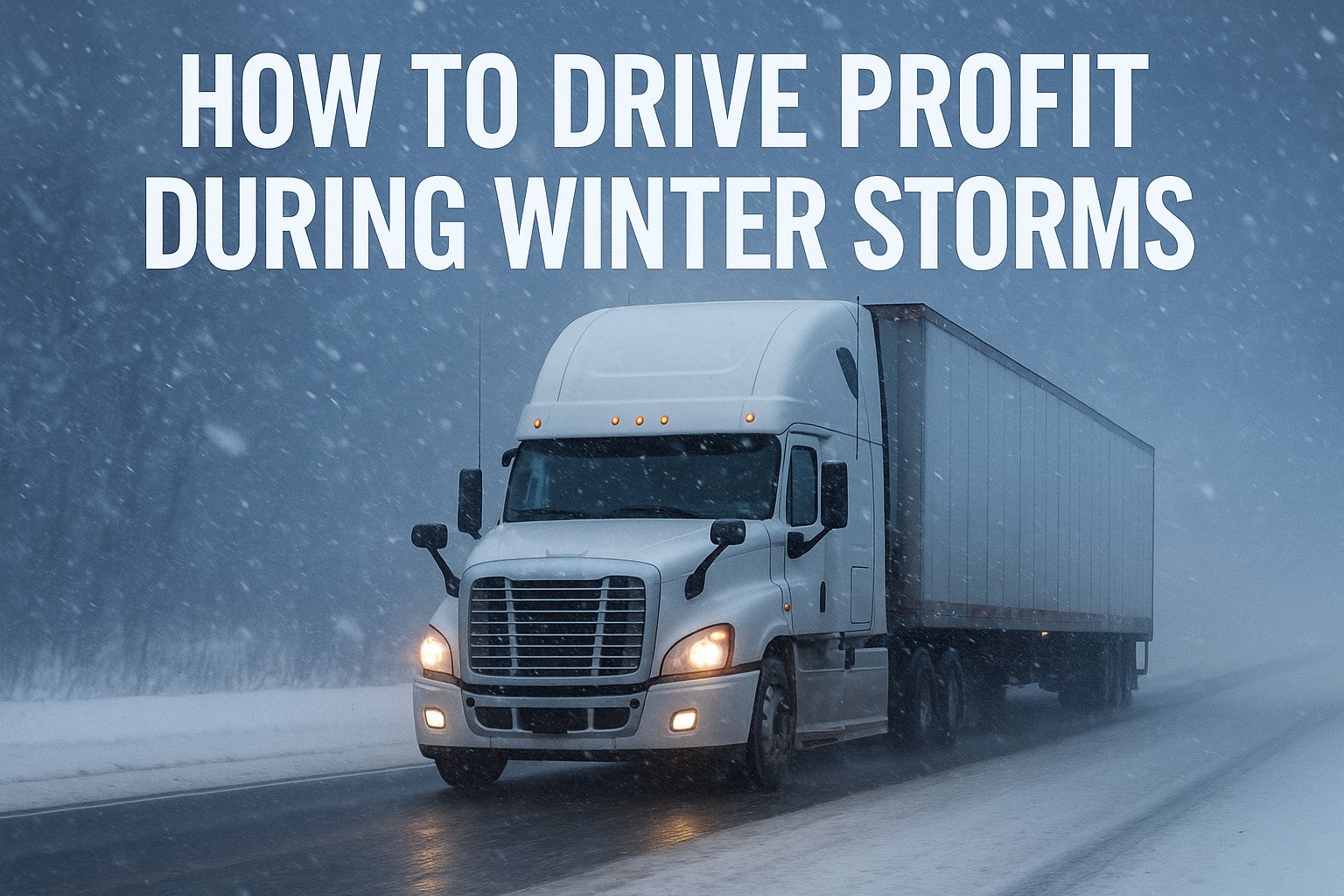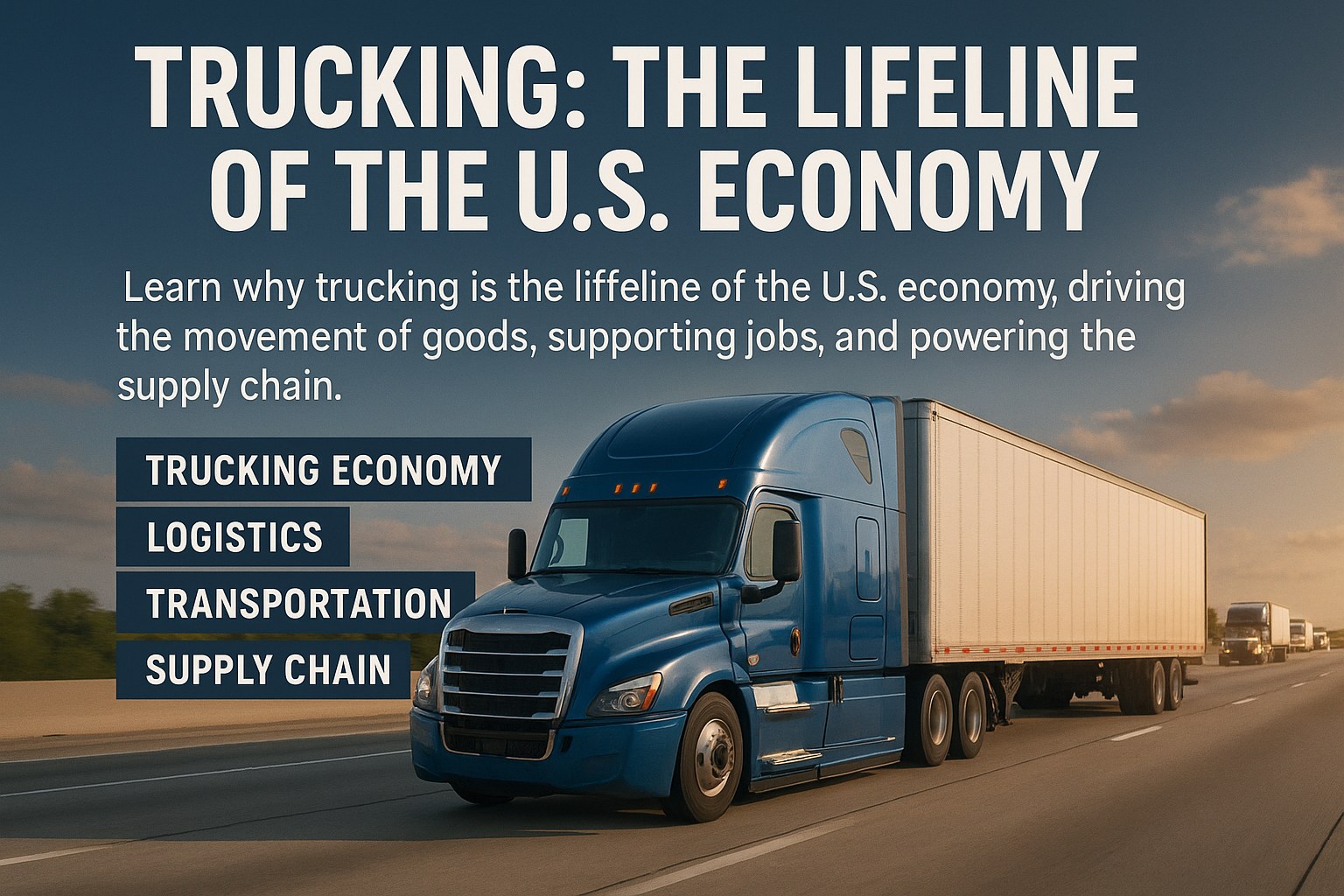The Real Impact of Optimized Reefer Operations
Proper reefer trailer management delivers measurable operational and financial benefits:
40%
Extended equipment life
$30K+
Annual savings per unit
25%
Fuel reduction
95%
Cargo integrity rate
Essential Reefer Trailer Components & Operations
1. Refrigeration Unit Types & Selection
Critical KnowledgeDiesel-Powered Units: Traditional choice, 15,000-hour lifespan, suitable for long-haul operations
Electric Standby: Reduced idle time, 50% fuel savings at stops, ideal for multi-stop routes
Hybrid Systems: Combines diesel/electric, 30% overall fuel reduction, higher upfront cost
2. Temperature Control & Monitoring Systems
Cargo ProtectionMulti-Zone Control: Independent temperature zones, essential for mixed loads, prevents cross-contamination
Real-Time Monitoring: GPS-enabled sensors, cloud data logging, instant alerts for deviations
Backup Systems: Redundant compressors, emergency power options, failover protocols
3. Fuel Efficiency Optimization
Cost ReductionPre-Cooling Strategies: Optimal staging reduces runtime by 20%, saves 0.5 gallons/hour
Insulation Upgrades: Modern foam increases R-value by 30%, reduces cycling frequency
Smart Defrost Cycles: Demand-based defrosting cuts unnecessary cycles by 40%
4. Preventive Maintenance Protocols
Longevity FocusDaily Inspections: Belt tension, refrigerant levels, door seals, temperature calibration
500-Hour Service: Filter changes, compressor oil, electrical connections, software updates
Annual Overhauls: Complete system diagnostics, component rebuilds, efficiency testing
5. Regulatory Compliance & Documentation
Legal ProtectionFSMA Requirements: Temperature logs, sanitation records, preventive controls validation
CARB Compliance: TRU emissions standards, registration requirements, upgrade deadlines
Insurance Documentation: Maintenance records, temperature data, driver training certificates
6. Driver Training & Best Practices
Human FactorPre-Trip Procedures: Proper cool-down protocols, load configuration, airflow management
In-Transit Management: Door discipline, continuous monitoring, emergency response procedures
Troubleshooting Skills: Basic diagnostics, when to call support, temporary solutions
Maximize Your Reefer Fleet Performance
Join leading carriers achieving 40% longer equipment life and $30,000 annual savings per unit. Get started with our comprehensive reefer optimization program.
Cost Analysis: Standard vs. Optimized Reefer Operations
| Operation Category | Standard Annual Cost | Optimized Annual Cost | Annual Savings |
|---|---|---|---|
| Fuel Consumption | $28,500 | $20,000 | $8,500 |
| Maintenance & Repairs | $12,000 | $6,000 | $6,000 |
| Cargo Claims | $15,000 | $2,000 | $13,000 |
| Equipment Replacement | $7,500 (amortized) | $4,500 (amortized) | $3,000 |
| Regulatory Violations | $5,000 | $500 | $4,500 |
| Downtime Losses | $8,000 | $3,000 | $5,000 |
Reefer Operations Optimization Roadmap
Phase 1: Assessment
- Audit current fuel usage
- Review maintenance records
- Analyze cargo claims
- Identify improvement areas
Phase 2: Quick Wins
- Implement pre-cooling SOPs
- Install monitoring systems
- Begin driver training
- Update PM schedules
Phase 3: System Upgrades
- Add electric standby units
- Upgrade insulation
- Install telematics
- Enhance door seals
Phase 4: Optimization
- Monitor KPIs daily
- Refine procedures
- Continuous training
- Scale best practices
Common Reefer Operation Mistakes
❌ Skipping Pre-Cooling
Risk: 30% more runtime, product temperature abuse
Solution: Mandatory 2-hour pre-cool before loading, documented procedures
❌ Ignoring Small Leaks
Risk: 15% efficiency loss, compressor failure
Solution: Monthly thermal imaging, immediate seal replacement
❌ Overloading Units
Risk: Uneven cooling, hot spots, claims
Solution: Load diagrams, airflow channels, weight limits
❌ Reactive Maintenance
Risk: 3x repair costs, unexpected failures
Solution: Hour-based PM program, predictive diagnostics
❌ Poor Documentation
Risk: Lost claims defense, compliance issues
Solution: Automated logging, cloud storage, regular audits
❌ Untrained Drivers
Risk: Equipment damage, cargo loss
Solution: Certification program, refresher training, mentorship
Benefits Beyond Cost Savings
Customer Satisfaction
- 99.5% on-time delivery
- Zero temperature excursions
- Real-time visibility
- Consistent quality
Competitive Advantage
- Premium rate justification
- Preferred carrier status
- Reduced insurance rates
- Award eligibility
Environmental Impact
- 25% less fuel consumption
- CARB compliance
- Reduced food waste
- Sustainability credentials
Driver Retention
- Modern equipment
- Less breakdown stress
- Professional development
- Safety bonuses
Transform Your Reefer Operations
Start saving $30,000 per unit annually with proven optimization strategies. Get expert guidance and cutting-edge technology.
Frequently Asked Questions
Standard reefer units consume 0.5-1.5 gallons per hour depending on ambient temperature, cargo type, and unit efficiency. In continuous operation, this equals 12-36 gallons daily. Modern high-efficiency units with electric standby reduce consumption to 0.7-1.1 gallons/hour. Factors affecting consumption include: pre-cooling practices (20% impact), door opening frequency (15% impact), insulation quality (25% impact), and maintenance condition (30% impact). Optimized operations typically achieve 25-30% fuel reduction.
With proper maintenance, reefer trailers last 12-15 years, while refrigeration units typically need replacement after 7-10 years or 15,000-20,000 hours. Factors extending lifespan include: preventive maintenance programs (adds 3-4 years), quality components (2-3 years), proper operation (2 years), and climate conditions. Total lifecycle cost averages $250,000, but optimized operations reduce this by 40% through extended equipment life and lower operating costs. Best practice: plan unit replacement at 15,000 hours to prevent catastrophic failures.
Preventing cargo claims requires multiple strategies: continuous temperature monitoring with alerts (prevents 70% of claims), proper pre-cooling before loading (20% reduction), correct product placement for airflow (15% impact), and driver training on door discipline (25% reduction). Document everything: pre-trip inspections, temperature logs, loading photos, and seal numbers. Invest in redundant systems—backup power, dual temperature recorders, and emergency protocols. Average claim costs $45,000, but comprehensive prevention programs achieve 95% claim-free deliveries.
California Air Resources Board (CARB) mandates Ultra-Low Emission TRU standards. Requirements include: registration in ARBER system, compliance with model year standards, 7-year replacement cycles for older units, and annual reporting. Non-compliance fines start at $1,000/day per unit. Compliance strategies: upgrade to Tier 4 units, install electric standby systems, use alternative technologies like cryogenic cooling. Budget $15,000-20,000 per unit for upgrades. Many fleets achieve ROI through fuel savings and avoided fines within 24 months.
Calculate ROI by comparing current costs to optimized operations. Typical savings include: fuel reduction (25% = $8,500/year), maintenance savings (50% = $6,000/year), cargo claim prevention (85% = $13,000/year), extended equipment life (40% = $3,000/year), and reduced violations ($4,500/year). Total annual savings average $30,000 per unit. Investment required: monitoring systems ($2,000), training ($1,000), upgrades ($5,000-15,000). Most fleets achieve full ROI within 6-18 months, with 300-500% returns over equipment lifetime.








